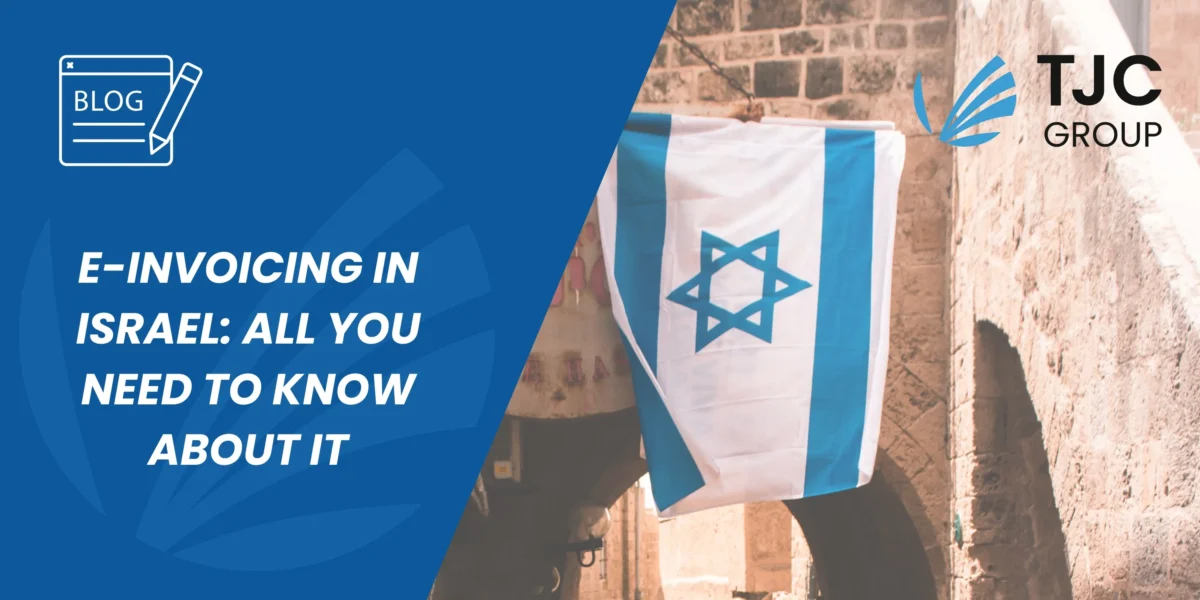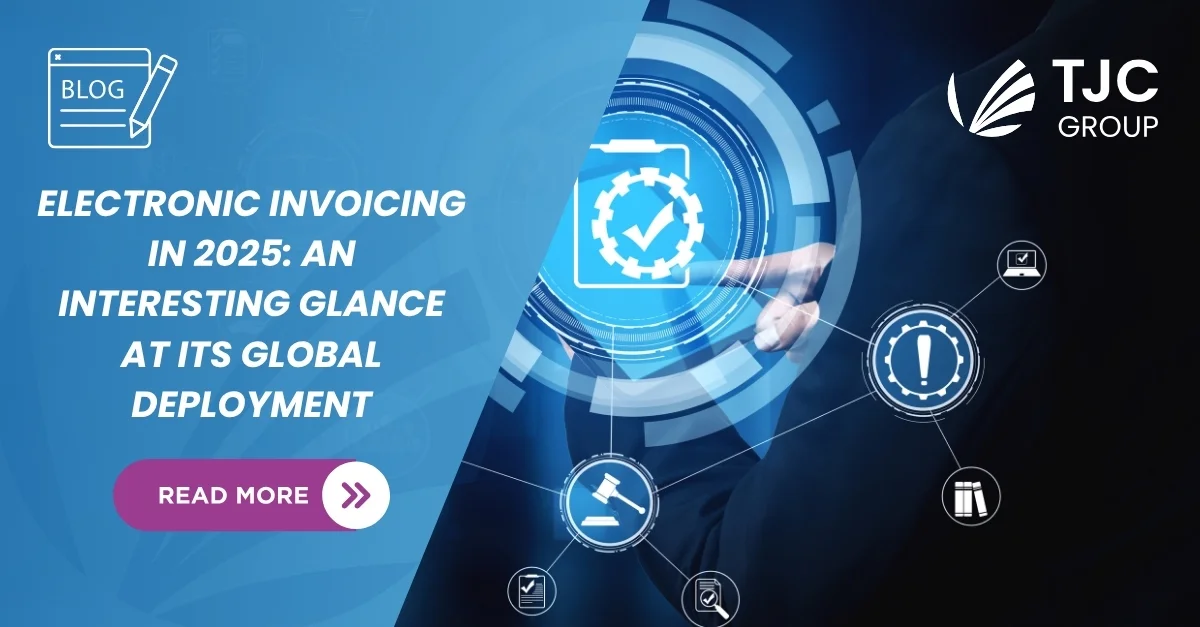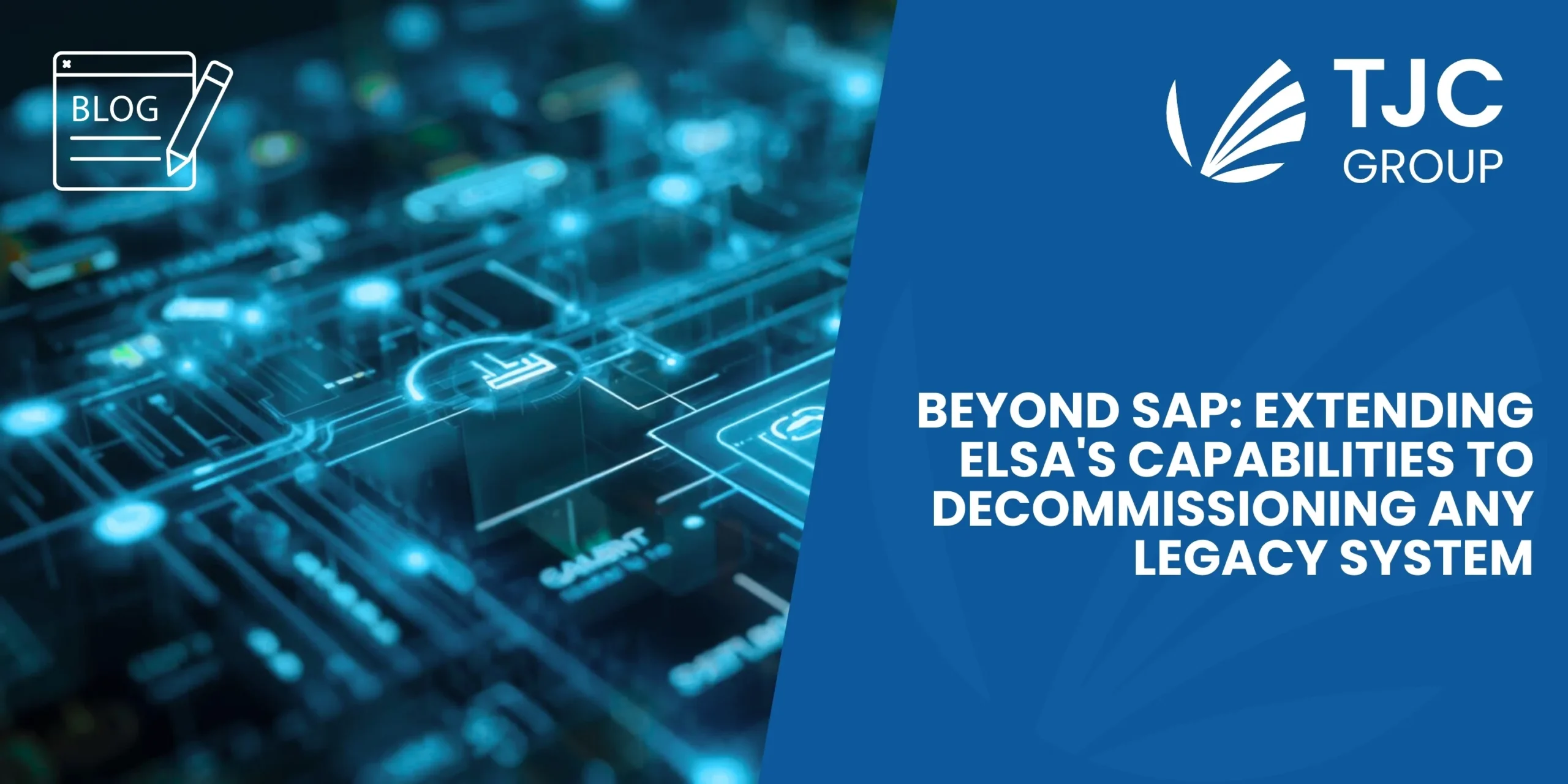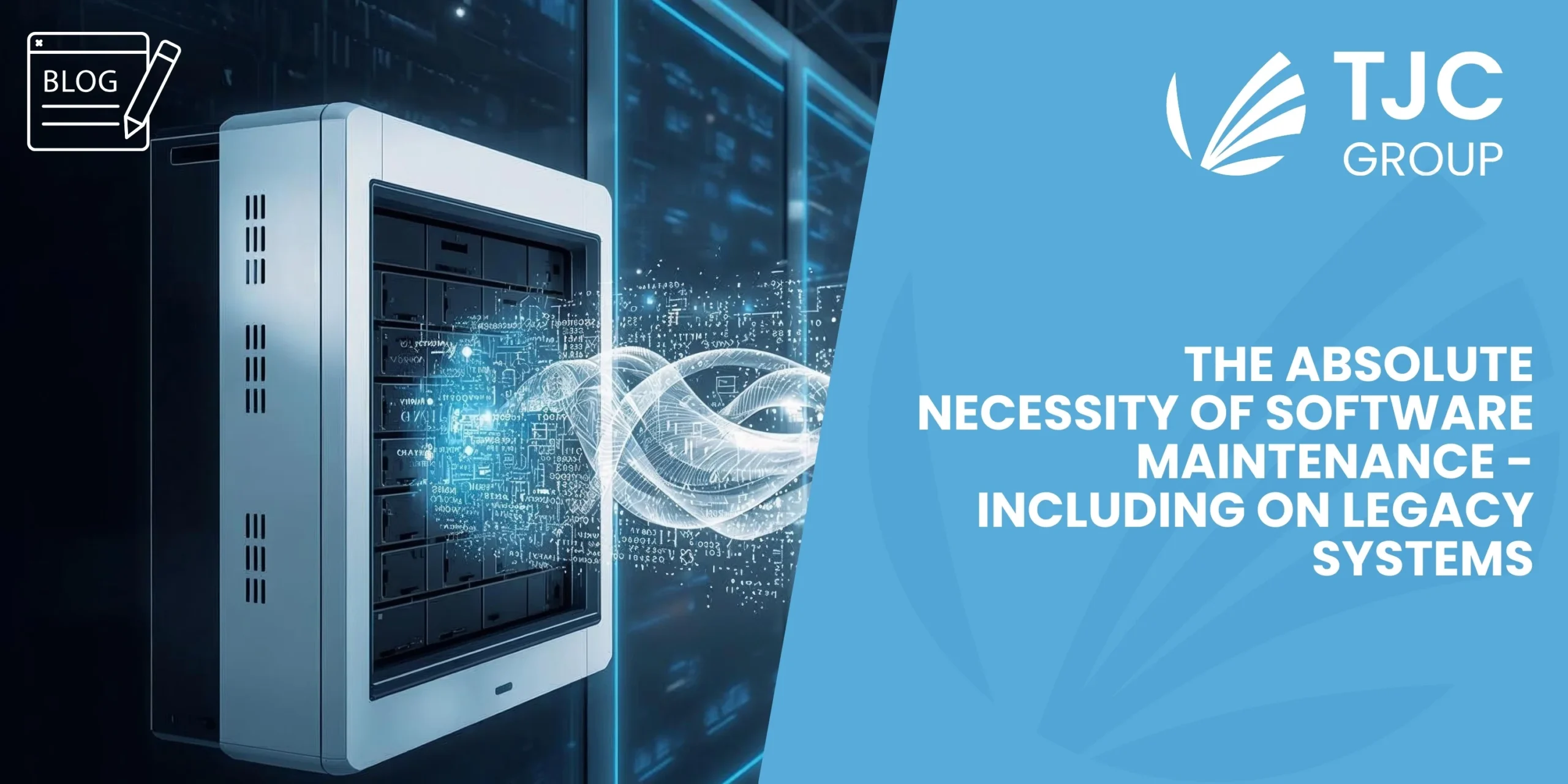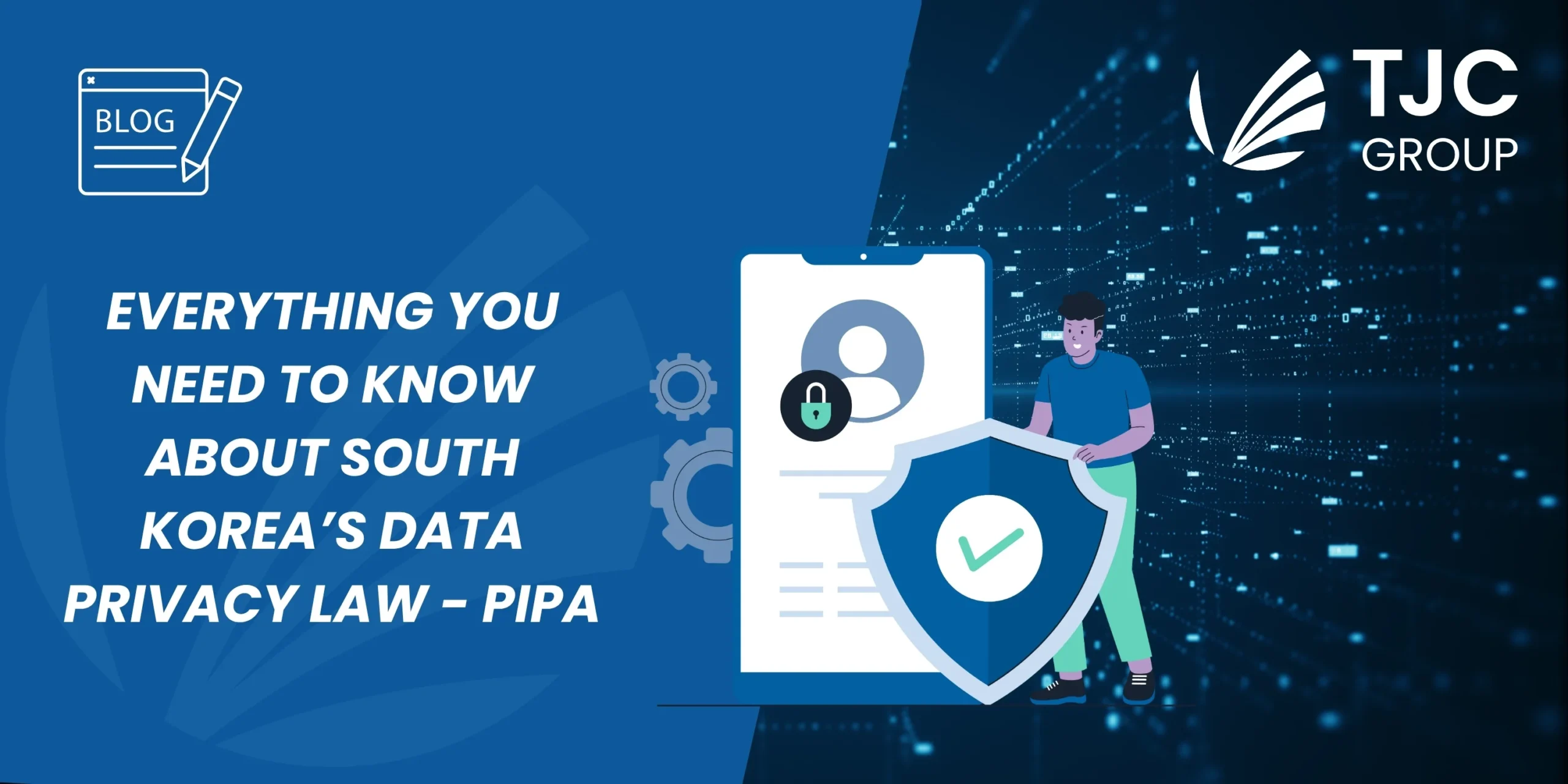Author: Aditya Gosavi, Content Writer, TJC Group | Consultant: Satish Bhattrai, Senior SAP B2G Consultant, TJC Group
Israel is moving towards a digital transformation of its tax administration with the progressive implementation of electronic invoicing. This effective system aims to improve transparency of financial transactions, fight tax evasion, and reduce the use of fictitious invoices, which pose a significant threat to the country’s economy. In this blog, let’s discuss some of the key elements of e-invoicing in Israel and understand how organisations can benefit from it by implementing solutions like SAP Document and Reporting Compliance. Read on.
Table of contents
- Introduction
- Understanding how e-invoicing works in Israel
- Israel’s electronic invoicing phase-wise rollout
- Preparing for e-invoicing in Israel: Essential characteristics
- Recent developments and technical specifications
- How does e-invoicing deliver benefits to Israeli organisations?
- Simplify your e-invoicing process in Israel with SAP DRC
- Start your SAP DRC implementation journey with TJC Group
- Global e-invoicing in 2025: Worldwide insights
Introduction
Israel’s plan for implementing an e-invoicing system positions the country within a rapidly growing group of countries modernising their tax compliance through next-generation solutions. Recent announcements from the Israeli Tax Authority (ITA) outlined a system that is planned to include both a B2B invoicing solution and a real-time CTC reporting model. As companies navigate this new landscape, understanding the nuances of the country’s e-invoicing systems, its phased rollout, and the substantial benefits it offers becomes important. This blog will help you discover how this significant shift is not just a regulatory change but a considerable measure to simplify the e-invoicing and e-reporting landscape for companies operating in the country.
Understanding how e-invoicing works in Israel
The electronic invoicing process in Israel is quite straightforward. The Israeli government is providing two separate transition methods. Organisations in Israel can send invoices manually through the ITA’s web portal or the Application Programming Interface (API). By introducing a CTC model, the government is allowing companies to send invoices to the tax authority and receive feedback almost instantly. After verifying the invoice data, the tax authority will approve it and issue an allocation number for verification.
Furthermore, the invoice issuer must add the allocation number to the tax invoice for it to be valid. The number allows taxpayers to deduct input VAT. All entities involved in the transaction can use the allocation number to access detailed information about an invoice on the tax authority portal. For a streamlined process of e-invoicing in Israel, the ITA requires invoices to be transmitted in the JSON format. However, remember that buyers and suppliers can exchange invoices in the XML or PDF/A-3 format between them.
Israel’s electronic invoicing phase-wise rollout
In 2024, the ITA slightly altered the timeline, pushing the date for the first phase from 1 January 2024 to 5 May 2024. Here are the details of each phase:
- January 2024: The ITA has allowed voluntary electronic invoicing on the new system for four months, providing companies with enough time to familiarise themselves with it and the recent guidelines.
- 5 May 2024: Any invoice issued in the country with a value of over NIS 25,000 must be transmitted electronically.
- 1 January 2025: All invoices with a value over NIS 20,00 must be electronic invoices.
- 1 January 2026: All invoices with a value over NIS 15,000 must align with the new e-invoicing and e-reporting mandate.
- 1 January 2027: All invoices valued over NIS 10,000 should be transmitted electronically.
- 1 January 2028: This will be the final phase requiring invoices over NIS 500,000 to be electronic.
Click the banner below to learn more about e-invoicing in 2025 & its global deployments:
Preparing for e-invoicing in Israel: Essential characteristics
To help companies operating in Israel with their transition to electronic invoicing, the government has released standards and guidelines that taxpayers must follow. This will help organisations streamline the entire tax compliance process. Let’s discuss some of the key characteristics of the electronic invoicing system in the country.
E-invoicing format
If companies are using a web portal to approve invoices, they must submit them to the ITA in JSON format. Interestingly, the JSON format is comparatively newer than XML, and many businesses are considering it as their most preferred format due to its easy-to-read structure. Furthermore, to facilitate a smoother transition to e-invoicing in Israel, the government has enabled organisations to exchange invoices between buyers and suppliers in XML or PDF format. However, note that you must include a digital signature before transmission.
Required information
To approve your e-invoices by the Israeli Tax Authority, you have to provide a certain set of information, such as:
- Unique invoice number: The invoices must include the unique allocation number assigned to them by the tax authority. If this number is not mentioned in the invoices, buyers can reject the invoices.
- Details of goods or services: Every invoice must include a clear description of the goods or services.
- Invoice date: Each invoice must include the dates when the invoice was generated and issued.
- Quantity: Every invoice must include the total number of items and the list of items.
- Unit prices: You must include the cost of each item before summing it up.
- Payment amount: To support the e-invoicing and e-reporting mandate in Israel, your invoices must have a clear breakdown of the final amount, which includes discounts, taxes, or any other relevant charges.
- VAT amount: Companies that are VAT registered must include VAT details in the invoice, including the rate and total input VAT.
Allocation number
The ITA approves each invoice before sending it to the buyer and provides a unique allocation number. The tax agency issues a unique identifier that is included in the invoice before it is sent to the buyer. This number helps the parties involved access the details of the invoice and monitor its progress on the ITA web portal.
Digital signature
It is only mandatory to use a digital signature when sharing invoices with buyers and suppliers. Your XML and PDF electronic invoices must contain the allocation number and the digital signature.
Archiving
As per the technical specifications of e-invoicing in Israel released by the ITA, organisations must store invoices for at least 7 years. These invoices must be secure and easily accessible during the audit process. It is recommended for companies to invest in a reliable ERP system with secure data storage facilities.
Recent developments and technical specifications
According to the latest updates and technical specifications, taxpayers are required to implement the new guidelines by 1 January 2025. The most important additions in the new version of the specifications include:
New JSON file: The JSON file used for clearing electronic invoices has been updated with additional lines and revised validations for particular data fields.
New web services: The Israeli Tax Authority has introduced new web services where an allocation number is not provided during the clearance process. Moreover, four different methods will be made available to handle such situations.
New document types: Another technical specification for e-invoicing in Israel is that there are two new document types, namely:
- Agent tax invoice
- Journal command
Furthermore, the pilot period will cease to exist on 1 January 2025. After this, the ITA will start enforcing technical validations on all submitted JSON files.
Click on the banner below and explore e-invoicing in Singapore:
How does e-invoicing deliver benefits to Israeli organisations?
Companies operating in the country can enjoy numerous benefits from using electronic invoices, some of the top ones are:
Improved tax compliance
By approving your invoices from the tax authority before issuing them to the buyer, you are less likely to make any mistakes when filing your taxes. If you make any mistakes, the invoice will be rejected, giving you the opportunity to identify and correct them. This approach enables you to streamline your tax compliance process with government authorities, thereby enhancing the global e-invoicing process in 2025.
More accurate invoicing approach
With electronic invoicing, businesses can ensure a high level of accuracy, particularly when using an API. Moreover, by automating the entire electronic invoicing process, you can seamlessly reduce the overall time taken to generate the invoices. This is specifically critical for organisations that deal with vast numbers of invoices.
Streamlined business operations
Using traditional paper-based invoices is time-consuming and prone to various errors, which can result in longer invoice generation times. Furthermore, the conventional approach requires manual data entry, printing, postage, transportation, and physical storage, which is labour-intensive and costly. That said, with electronic invoicing, businesses can create, issue, and receive invoices in minutes. Moreover, the new Continuous Transaction Controls (CTC) model can strategically enhance business operations and increase productivity by reducing invoice processing time.
Strengthened business relationships
E-invoicing in Israel helps buyers and suppliers to monitor invoices and verify their details. This significantly provides a high level of financial transparency among businesses. This effective invoicing approach not only helps with improving the overall cash flow management but also strengthens supplier and customer relationships.
Click on the banner below and read our latest blog on e-invoicing in New Zealand:
Simplify your e-invoicing process in Israel with SAP DRC
If you’re looking for an automated solution that can help your business be fully compliant with the constantly evolving e-invoicing mandates – from secure data management to real-time reporting, then SAP Document and Reporting Compliance (SAP DRC) is the right solution for you. This comprehensive solution allows businesses to create, process, and monitor electronic documents and periodic reporting within the SAP systems.
Moreover, the solution helps ensure that companies are compliant with their local legal obligations as well as global e-invoicing requirements in 2025. SAP DRC is a unified solution that supports multiple languages and countries, offering an extensive and consolidated approach to managing electronic invoices. Moreover, it provides complete access and visibility of electronic invoicing and reporting, thereby improving clarity and visibility.
Another key feature of SAP DRC is the eDocument cockpit, which enhances document compliance. With this effective solution, it is safe to say that organisations can achieve 100% compliance with the demanding regulations. In fact, the solution also helps you maintain consistency and accuracy of the information stored within the systems.
Start your SAP DRC implementation journey with TJC Group
To prepare your business for e-invoicing in Israel, it is crucial to ensure that your organisation is ready to comply with the ever-evolving regulations. That’s why partnering with experts who can help with e-invoicing implementation can be a significant advantage for companies.
TJC Group holds expertise in SAP DRC implementation with a tailored approach that is backed by the SAP Activate methodology. It is a proven process that helps in planning and executing the project. Our team of B2G experts provides the ideal approach to the implementation process along with the timelines.
With over 25 years of experience in data management and tax compliance, our team delivers ideal results at every phase of your project. We verify that all deliverables meet acceptance criteria, enhance project quality, and minimise risk exposure. Join us in implementing SAP DRC and overcoming the challenges of e-invoicing and e-reporting in 2025 with seamless efficiency. Contact us for more information.
Global e-invoicing in 2025: Worldwide insights
- E-invoicing in New Zealand: What do you need to know?
- E-invoicing in 2025: An interesting glance at its global deployment
- E-invoicing in Germany: Important things you need to know in 2025
- E-invoicing in Singapore: Everything you need to know in 2025
- E-invoicing in Belgium: Everything you need to know about its implementation
- Challenges of e-invoicing in 2025: A roadmap to overcoming them with SAP DRC


